A recent report by UBS indicates that the fundamentals of the oil market remain under selling pressure despite rising geopolitical risks. Although the conflict in the Middle East initially raised concerns about potential supply disruptions, these fears have significantly eased over time.
The report suggests that the oil market could reach a balanced state by 2025, provided that the OPEC+ production cuts continue and no significant changes occur in production policies.
One of the key factors driving this bearish outlook is the weak demand from China, a crucial pillar of global oil consumption. UBS has downgraded its forecast for global oil demand growth in 2024 to 0.9 million barrels per day, a reduction of 0.1 million barrels per day from previous estimates.
Despite efforts by the Chinese government to support the economy, the shift towards alternative energy consumption, such as the expansion of electric vehicles, is limiting the expected impact on oil consumption. The anticipated demand growth for 2025 remains modest, projected at an increase of 1.1 million barrels per day.
On the supply side, non-OPEC+ countries, led by the United States, continue to maintain strong production levels. However, the U.S. faces challenges in this regard, as rig activity has remained stagnant with no significant increase in recent months. Consequently, UBS has revised its U.S. production forecast downward, citing a decline in rig counts and drilling activity.
U.S. production is expected to slow further in 2025, with growth limited to 0.4 million barrels per day, which is below previous expectations and reflects the continued downward trend observed in recent months.
As for OPEC+, while the group has implemented production cuts, compliance among member countries remains uneven. For instance, Iraq reduced its output in September but still exceeded its agreed targets.
Regarding future supplies, UBS does not expect OPEC+ to increase production until at least 2027, as weak demand and growing supply from non-OPEC+ countries are likely to absorb any potential increases.





